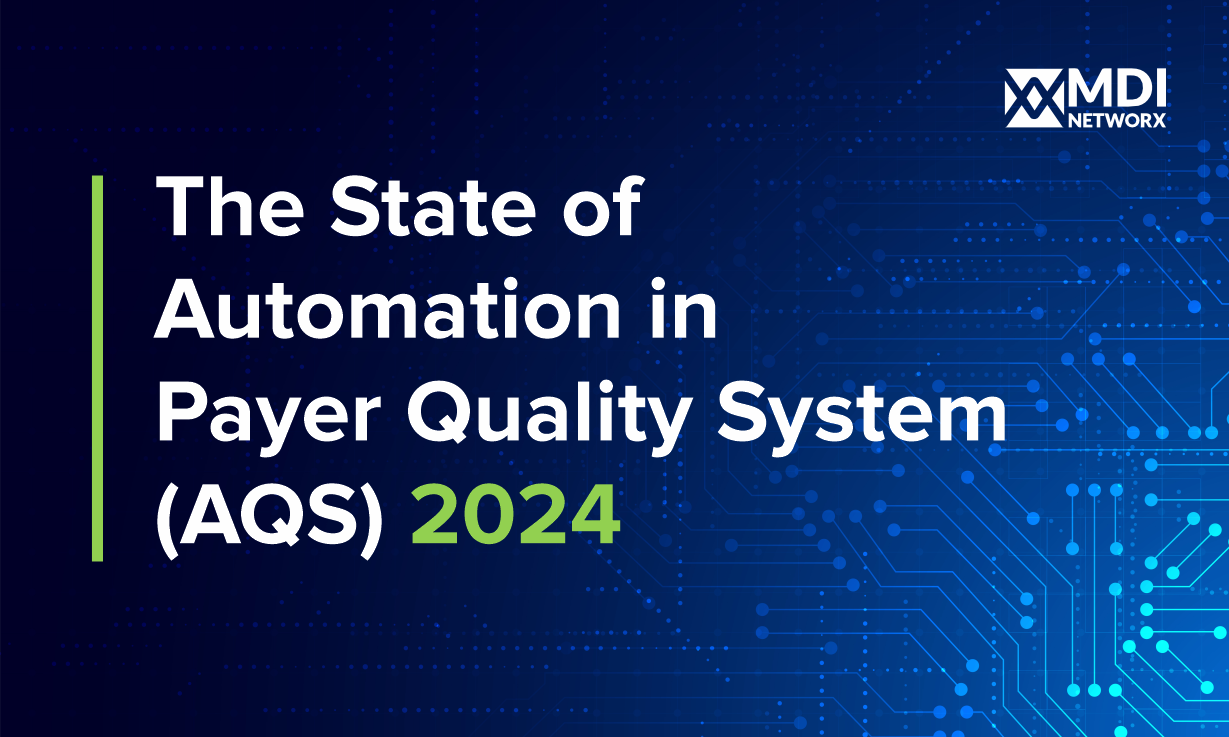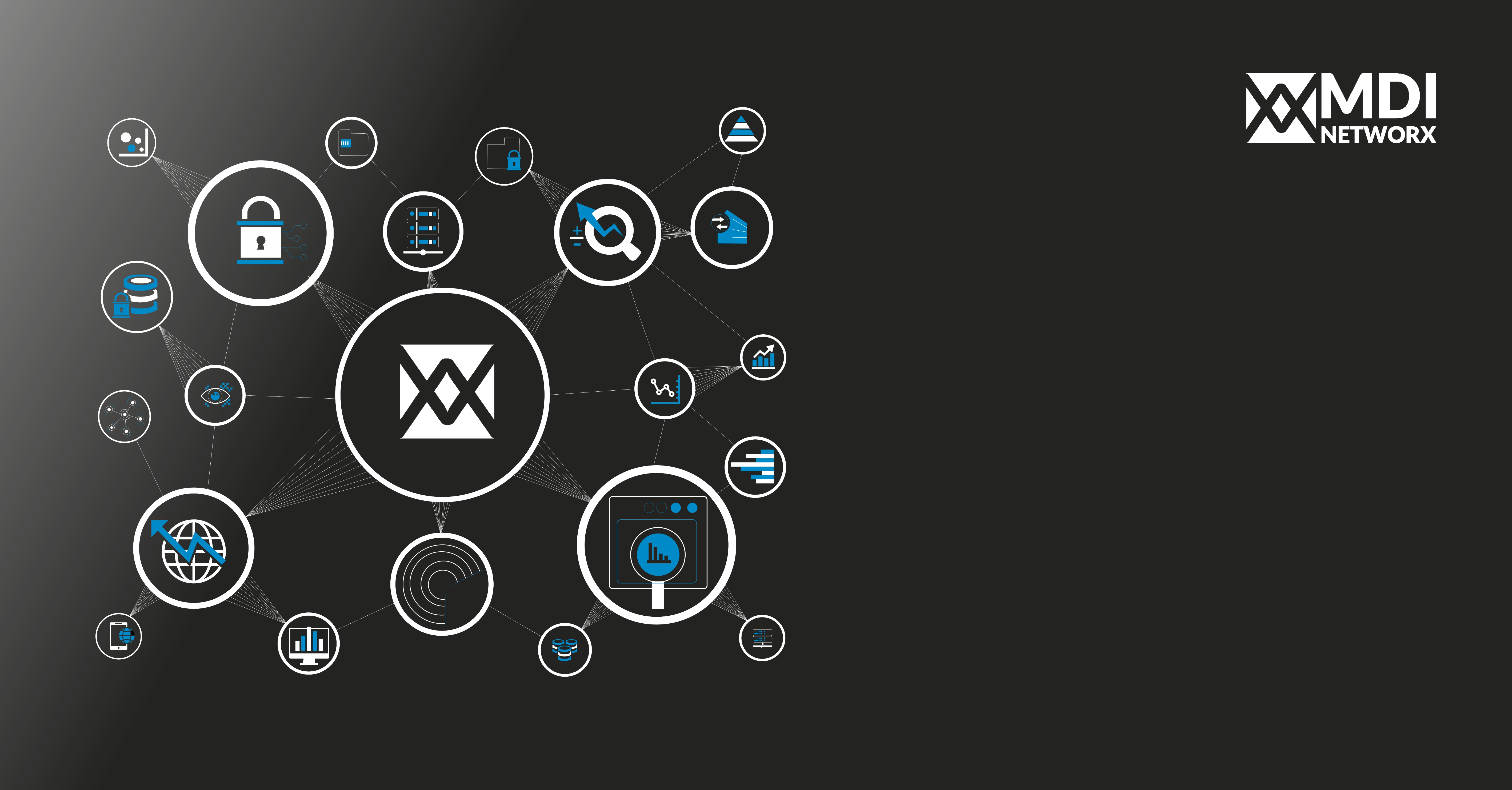In recent times, payment methodologies have evolved significantly, however US payers continue to be plagued by claims denials. Dig deeper and you know that the majority of these denials are preventable. Clinical denials typically fall through the cracks for reasons questioning the length of hospitalization, medical compulsion, prior authorization, and so on. To eliminate these ambiguities, it is critical to understand and address the root cause of denials. Traditionally, this would call for investing substantial resources, making it cumbersome, but this is where the use of analytics, and automation and AI in healthcare could come to the rescue.
Filter through Analytics:
Data and analytics tools are fundamental to identify the root cause of denial. Real-time analytics help in limiting reporting delays to bare minimum.
Relying on well-formulated data analytics not only aids practitioners in understanding the reasons for claim denials but can also help in estimating the volumes of rejection. By identifying these two key elements, you can concentrate on cases that are causing most losses.
Healthcare payers need to make a conscious effort to improve predictive analytics that can drive savings across their claim cycle.
Analytics can be used to:
- Mine and clean information – Create mechanisms to distinguish data that lead to denials.
- Authenticate Authorizations – Streamline verifying authorizations to create a seamless experience for stakeholders.
- Follow through claims closure – Use data to detect gaps that can help in appropriate entries and create an opportunity to take corrective measures to facilitate the collection process.
Automate processes:
Robotic Process Automation (RPA) has proved to be a boon to several industries, and it should be no different to claims management. By using advanced software interfaces and enterprise applications, AI automation in healthcare helps in reducing efforts while improving efficiency.
Some of the areas where automation can accelerate processing include prior authorization workflows to negate denials, maintaining medical records/data, booking appointments, and scheduling with patients, and much more. An automized process can help in managing greater volumes, reducing human errors, and improving compliance. More importantly, since automation promotes managing resources well, it translates into cost optimization.
Bring in AI:
AI can redefine the approach to successful claims resolution. An efficient AI engine can be used to search for missing documentation prior to sending out claims and communicate with necessary stakeholders to tie the loose ends, thereby decreasing the probabilities of denial.
By sifting through data, AI can highlight missing links based on prior patterns of similar cases and raise an alert. Going a step beyond RPA, AI-driven healthcare solutions can deep dive into data and reveal insights that can be used to address and fix gaps.




